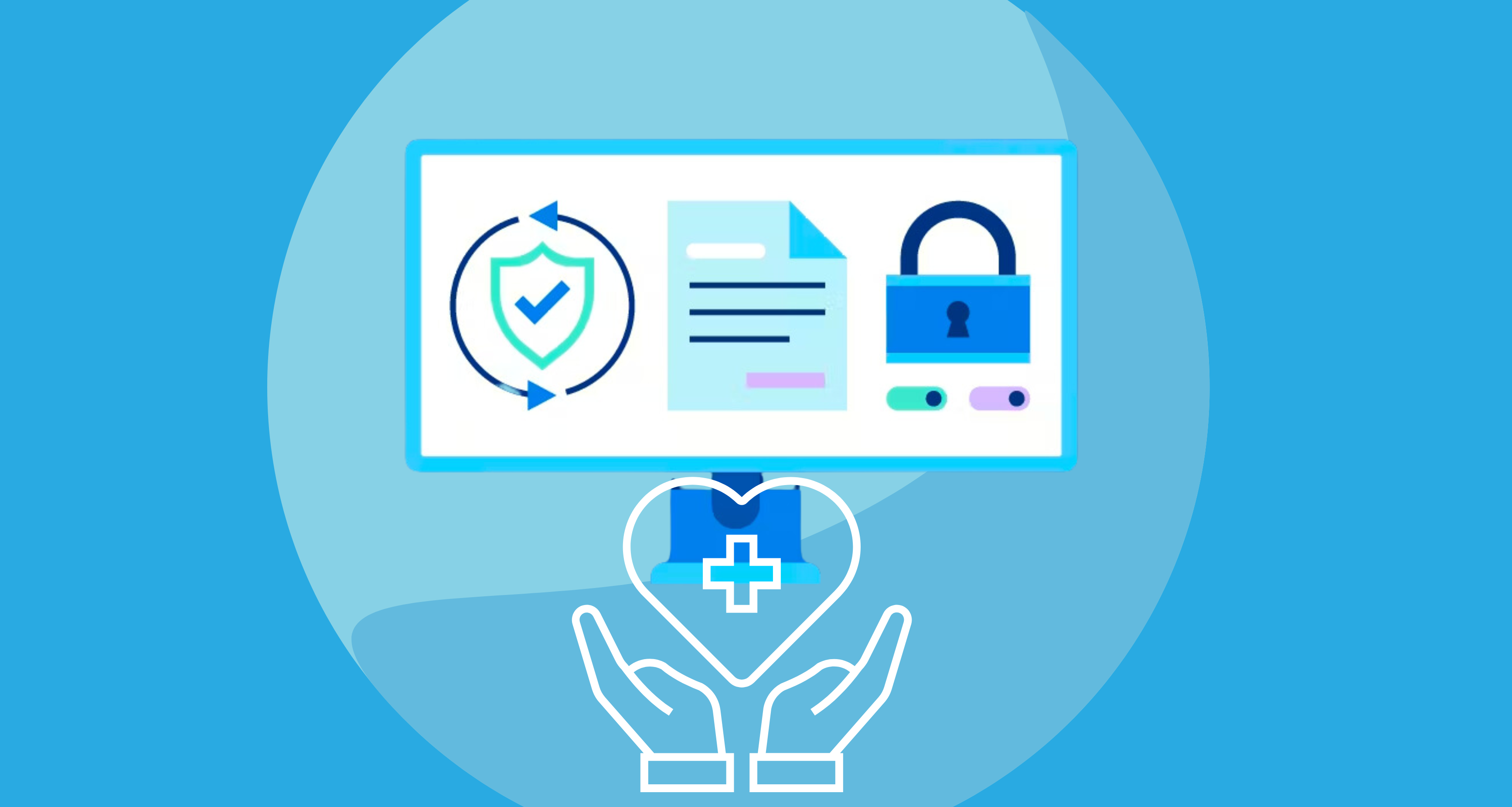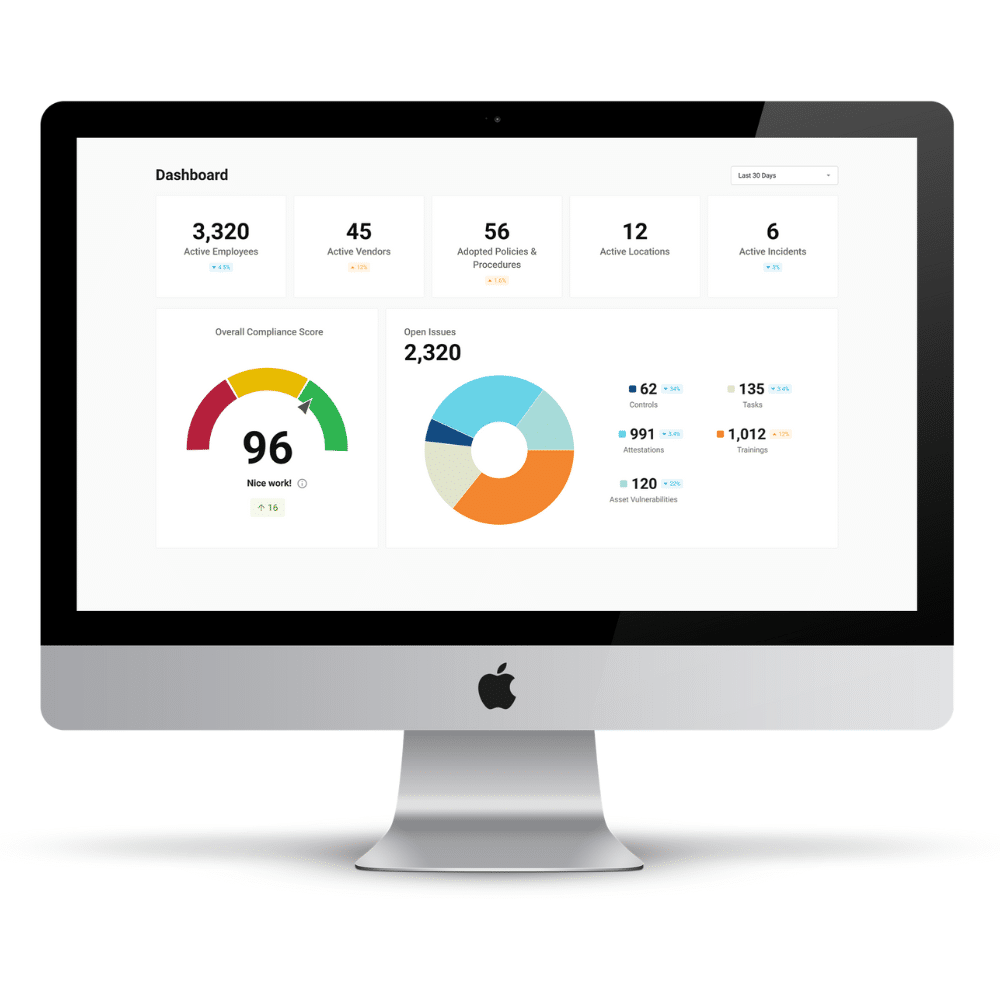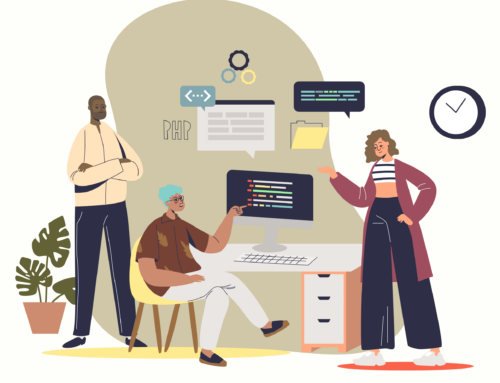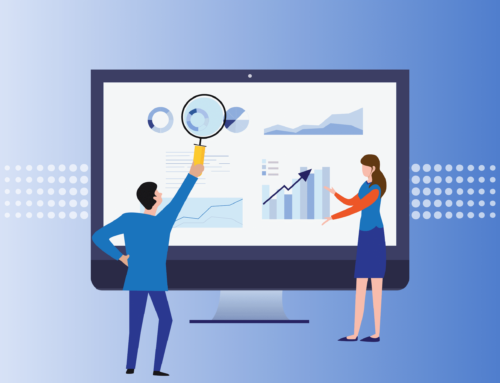As the healthcare industry grows and changes, organizations face increasing challenges regarding compliance and risk management. Healthcare GRC (Governance, Risk, and Compliance) is a crucial framework that helps healthcare providers navigate these complexities effectively. By integrating policies, processes, and technology solutions, GRC in healthcare enables organizations to monitor and manage risks while ensuring adherence to regulatory requirements.
Understanding GRC for Healthcare
Understanding GRC for Healthcare is a comprehensive guide that explores the principles and practices of Governance, Risk Management, and Compliance specifically tailored to the unique challenges faced by the healthcare industry.
1. Governance: Establishing Accountability
Effective governance forms the foundation of any robust healthcare GRC software. It involves defining roles and responsibilities within the organization, setting up clear lines of communication, and establishing accountability for compliance-related activities. With strong governance practices, healthcare providers can ensure that all staff members understand their obligations and are actively engaged in compliance efforts.
2. Risk Management: Identifying and Mitigating Risks
Risk management plays a vital role in healthcare GRC by identifying potential threats and implementing mitigation strategies. This process involves conducting comprehensive risk assessments to:
- Identify Vulnerabilities
- Develop Risk Mitigation Plans
- Continuously Monitor Emerging Risks
By proactively addressing potential issues, healthcare organizations can minimize financial losses, protect patient data and maintain regulatory compliance.
3. Compliance: How GRC for Healthcare Stays Meeting Regulatory Requirements
Compliance lies at the heart of healthcare GRC initiatives as organizations strive to meet complex regulatory requirements. These regulations include privacy laws such as HIPAA (Health Insurance Portability and Accountability Act) and cybersecurity standards like HITRUST (Health Information Trust Alliance). Implementing effective compliance programs ensures that organizations adhere to these regulations while safeguarding patient rights and protecting sensitive data from breaches.
The Role of Healthcare GRC Software: Simplifying the Tasks at Hand
Healthcare GRC software streamlines complex tasks in the healthcare industry, providing a simplified and efficient solution for managing compliance, risk assessment, and governance, ultimately promoting better patient care.
1. Streamlining Processes with Automation
Healthcare GRC software plays a critical role in simplifying complex tasks associated with compliance management. These software solutions automate various processes, such as:
- Policy Creating & Distribution
- Risk Assessments
- Incident Reporting
- Regulatory Tracking
By streamlining these tasks, healthcare providers can save time and resources while ensuring accuracy and consistency in compliance-related activities.
2. Enhancing Data Security
Data breaches pose a significant threat to the healthcare industry, making data security a top priority for organizations. Healthcare GRC software helps implement robust data protection measures by offering:
- Secure Storage
- Access Controls
- Encryption
- Real-Time Monitoring Capabilities
These features enable organizations to safeguard protected health information (PHI) from unauthorized.
GRC in Healthcare: The Benefits and Challenges
GRC in healthcare encompasses a range of benefits and challenges for organizations striving to ensure regulatory compliance and enhance overall operations.
1. Improving Patient Safety
Healthcare GRC ensures that organizations implement stringent safety protocols to protect patients from harm. By identifying potential risks and implementing preventive measures, healthcare organizations can enhance patient safety outcomes. This includes reducing medical errors, preventing infections through proper hygiene practices, and minimizing adverse drug events through effective medication management protocols.
2. Ensuring Financial Compliance
Compliance with financial regulations is essential for healthcare organizations as it impacts revenue streams and the organization’s overall sustainability. GRC in healthcare enables:
- Accurate Billing Practices
- Documentation Standards
- Fraud Prevention Mechanisms
- Adherence to Payer Requirements
By meeting these financial compliance obligations, healthcare providers can avoid penalties while maintaining financial stability.
3. Addressing Technology Challenges
Technology integration within healthcare has introduced new data privacy and cybersecurity challenges. Healthcare GRC assists organizations in managing these complex technological landscapes by implementing appropriate controls and safeguards. It includes:
- Regular Vulnerability Assessments
- Training Programs for Staff
- Disaster Recovery Plans
- Incident Response Strategies
In a constantly evolving healthcare environment where compliance requirements continue to grow more intricate each day, having a robust healthcare GRC framework is vital for success. From establishing governance structures to mitigating risks and ensuring compliance with regulations – GRC in healthcare protects patients’ rights while fostering organizational growth. With the aid of healthcare GRC software, organizations can streamline their compliance efforts, enhance data security and ultimately improve patient outcomes. By embracing healthcare GRC as an integral part of their operations, healthcare providers can confidently navigate the complexities of compliance.









